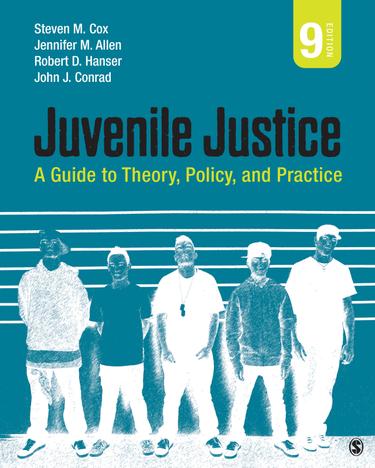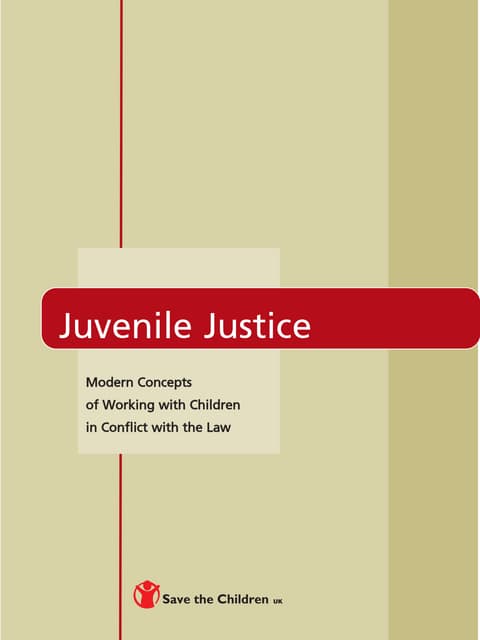

Referral: When a youth is directed to the Department based on an allegation of a criminal law violation. Youth are supervised by a Juvenile Probation Officer based on the order of the court. Probation: The status of a delinquent youth placed on community supervision. Additionally, the Office of Prevention offers diversion and intervention services in an effort to keep children from penetrating deeper into the system. Prevention: Prevention efforts at the Department of Juvenile Justice include implementing programs, strategies, initiatives, and networks designed to prevent children from making contact with the juvenile justice system. Pre-Disposition Report (PDR): A report to the court on the youth’s offense, family history, community involvement, and recommendations for disposition. Positive Achievement Change Tool (PACT): An assessment tool used to determine a youth’s needs, strengths, and risk to re-offend.

Intervention: Programs or services that are intended to prevent a youth from going further into the juvenile justice system. Intake: The screening and assessment of a youth who is alleged to have violated the law or a court order. This may include secure, non-secure, or home detention.ĭetention Center: A facility where youth are securely held pending court hearings, for contempt of court, or while awaiting placement in a commitment program.ĭisposition Hearing: The court determines the sanctions, conditions, and services imposed on a youth who has committed a delinquent act.ĭiversion: A program designed to keep a youth from entering the juvenile justice system through the legal process. The juvenile court handles cases until the youth’s 19th birthday, or until the court order is fulfilled.ĭetention Care: The temporary care of a youth pending further action of the court. The youth can be placed in secure detention from five to fifteen days for each offense.ĭelinquent Act: Any illegal act committed by a youth under the age of 18 who has not been sentenced as an adult for a felony.ĭelinquent Youth: A person who has violated the law before reaching 18 years of age. These programs range from low to maximum restrictiveness levels.Ĭontempt: The court determines that a youth disobeyed or did not follow the court’s order. The court must find that a youth is guilty beyond a reasonable doubt.Īftercare (Conditional Release or Post-Commitment Probation): A state-operated or contracted program that monitors a youth who has been released from a commitment program.Īrrest: Youth are not arrested a law enforcement officer takes a youth into custody based on probable cause and charges the youth with a law violation.Ĭost of Care: Parents or guardians may be billed a nominal charge for the services delivered to their child by the Department.Ĭommitment: A youth is placed in a program for delinquent youth defined by Florida Statute. The court places the youth on community supervision.Īdjudicatory Hearing: The court determines if the facts support the allegation(s) made against a youth. The court can commit the youth or place the youth on community supervision.Īdjudication Withheld: The court finds that a youth committed a delinquent act, but withholds an adjudication of delinquency. Juvenile Justice TermsĪdjudicated: The court finds a youth guilty of committing a delinquent act. This glossary is designed to provide you with a better understanding of the Juvenile Justice System, and is not intended to be a substitute for the legal definition listed in CH 985.03, F.S. The juvenile justice system, statutes relevant to children's issues, and the budgetary process, use unique terminology not associated with the adult criminal justice system.


 0 kommentar(er)
0 kommentar(er)
